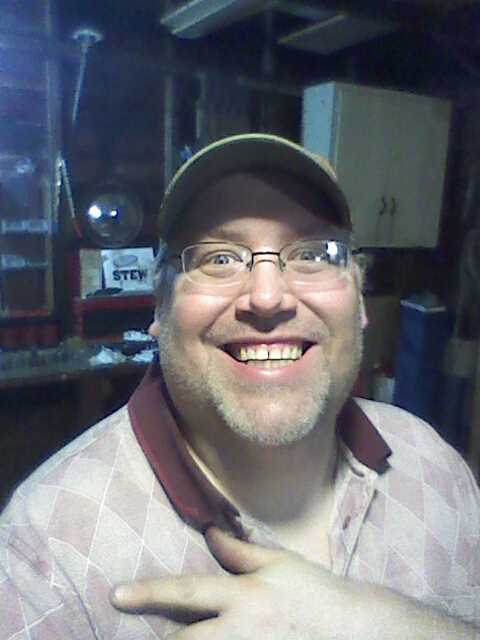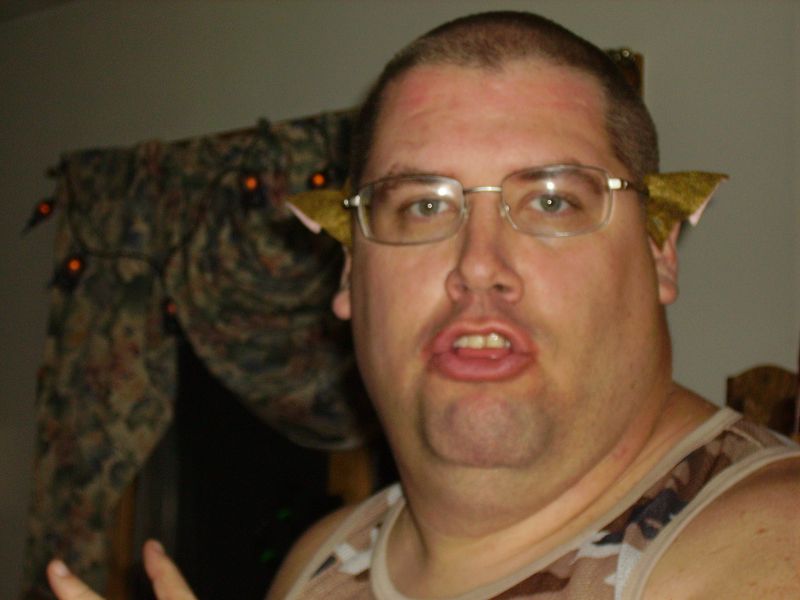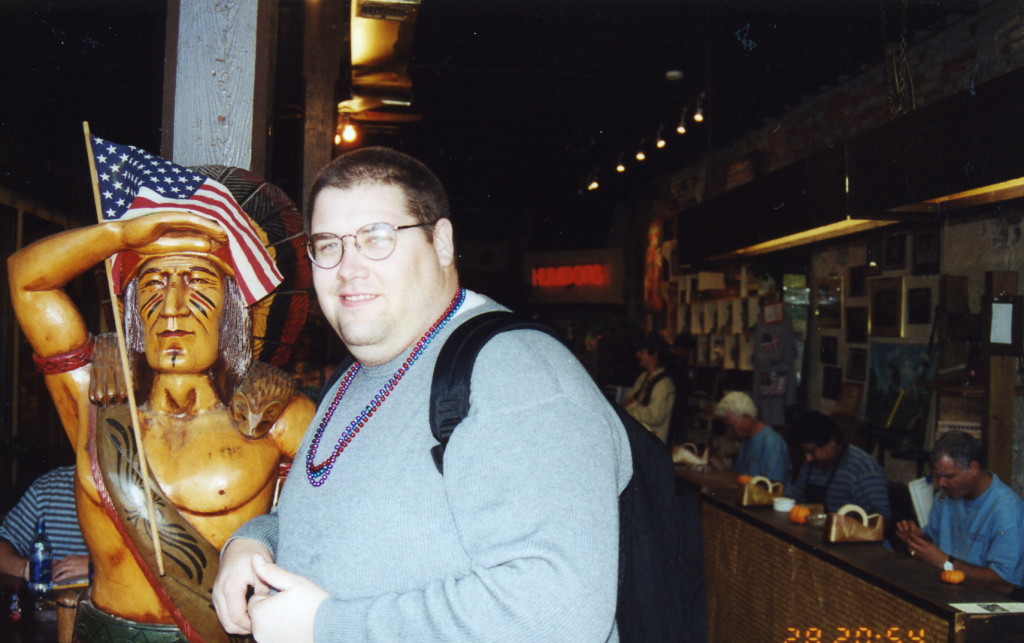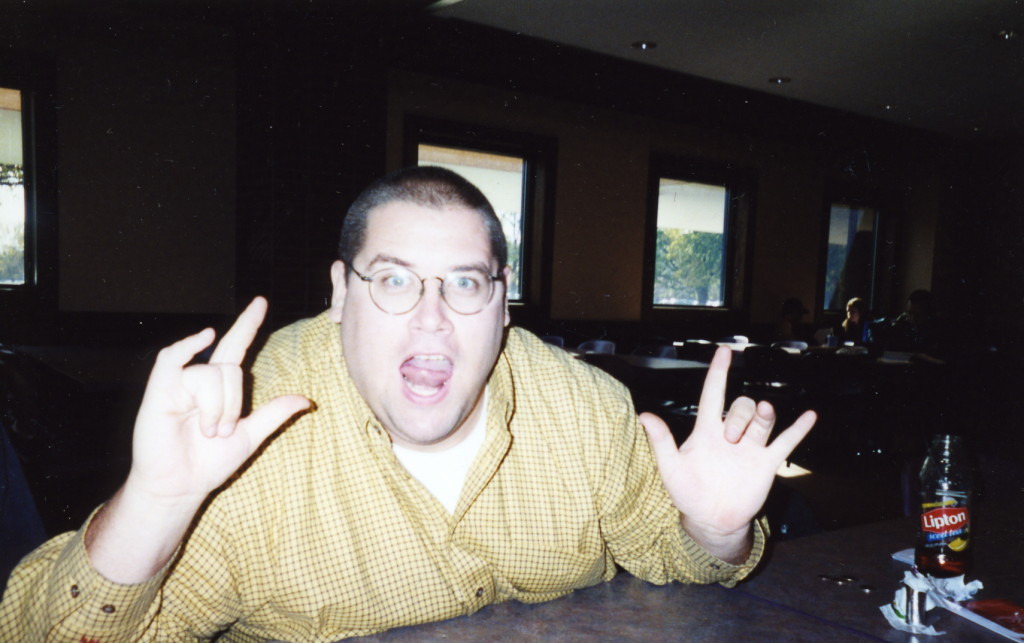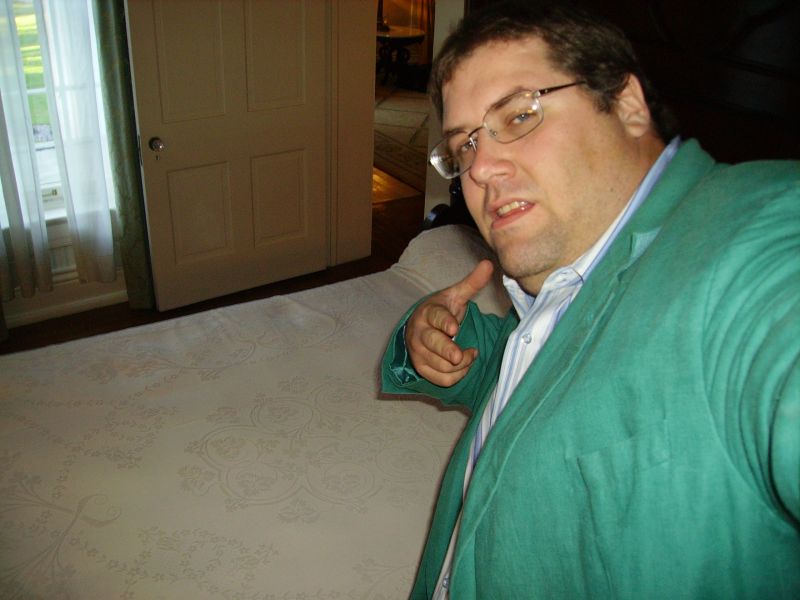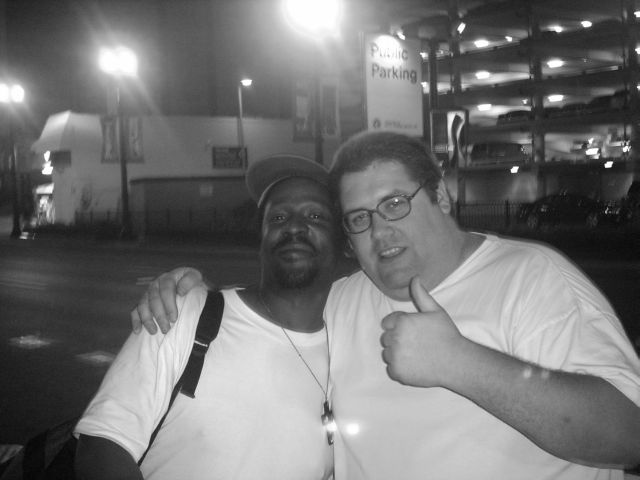Activity is essential, but exhausting,
And its importance is only on the surface.
Withdraw into Tao at the end of the day.
Returning is renewal.
Each day is filled with activity. We rush around from meeting to meeting; we make all sorts of arrangements for the future. Such doings are important, but they are not all that there is in life. Even as we engage in them, we must remember that all human endeavors are temporary and provisional.
We cannot allow our accomplishments to divorce us from what is actually happening in the world. It is imperative that we withdraw to reflect upon the day’s events and collect ourselves for the continuation of our path. There is no need to go to a temple, a sacred spot, or a special room. We do not need elaborate ritual. All we need is a simple and natural turning within.
This is why followers of Tao always use the word ‘returning.’ They recognize the necessity of activity in life, but they also recognize the need to return to Tao. In Tao is the source of all things, and in the source one finds the renewal that one needs to go on with life. This back-and-forth movement between the source and the activity of life is the movement of all things.

